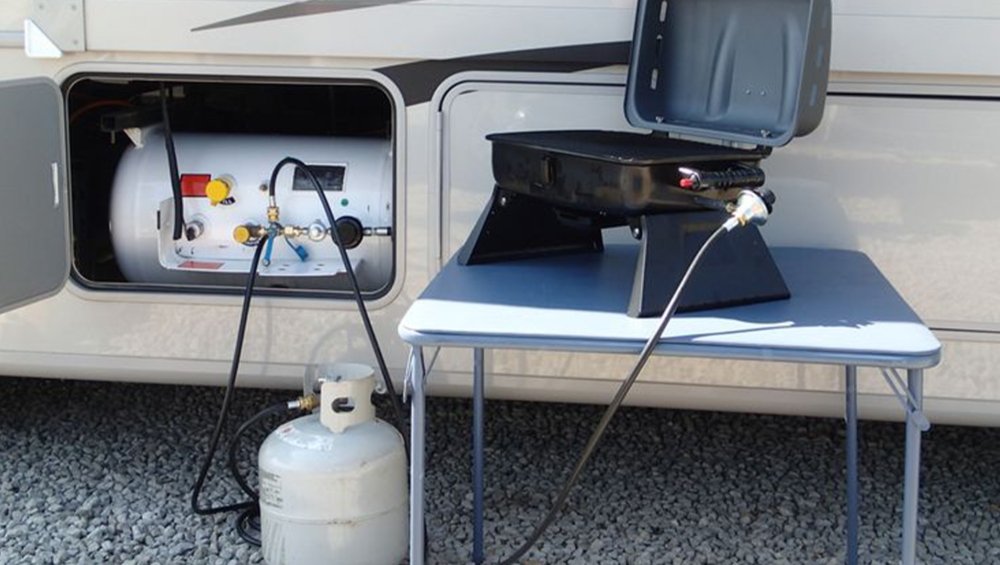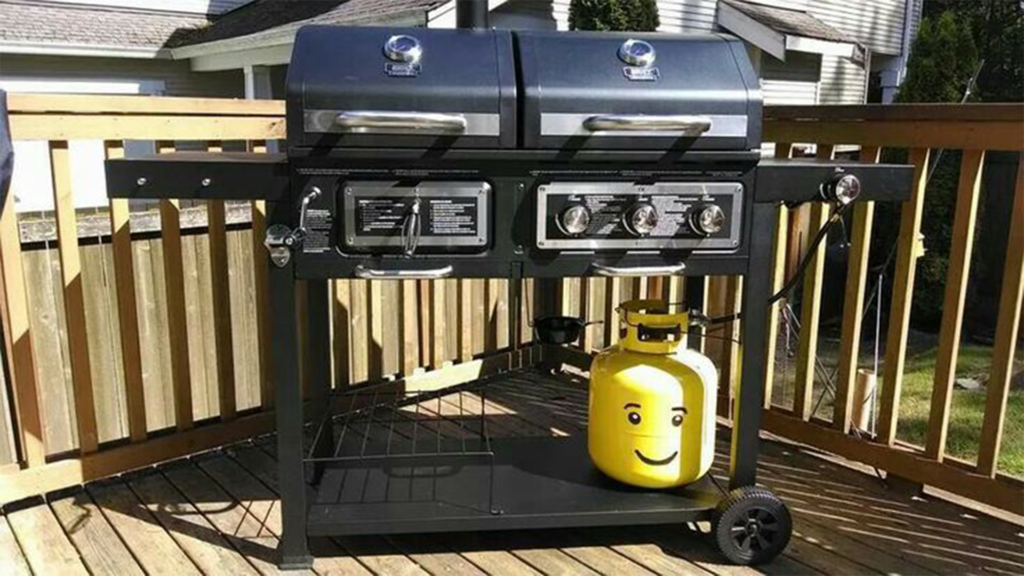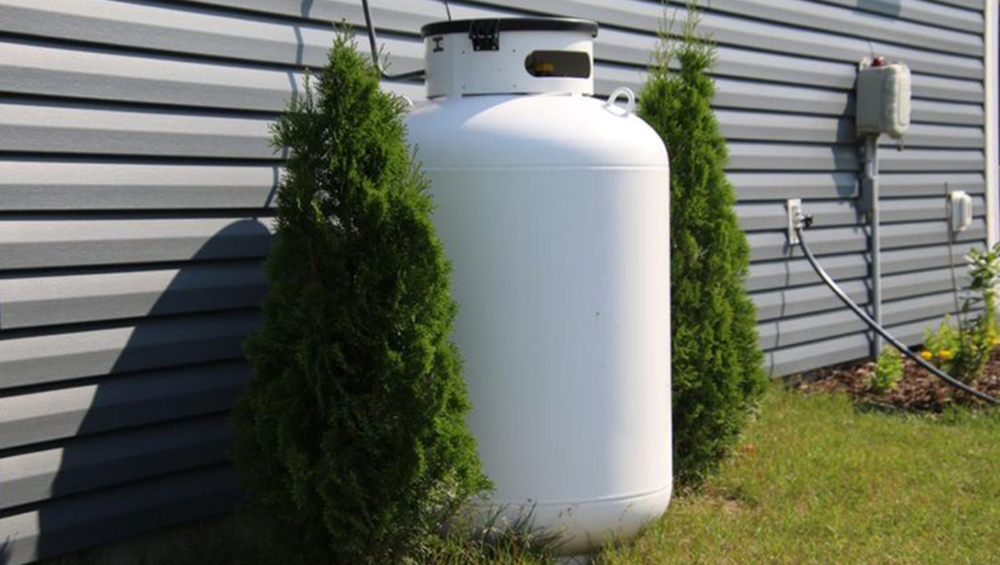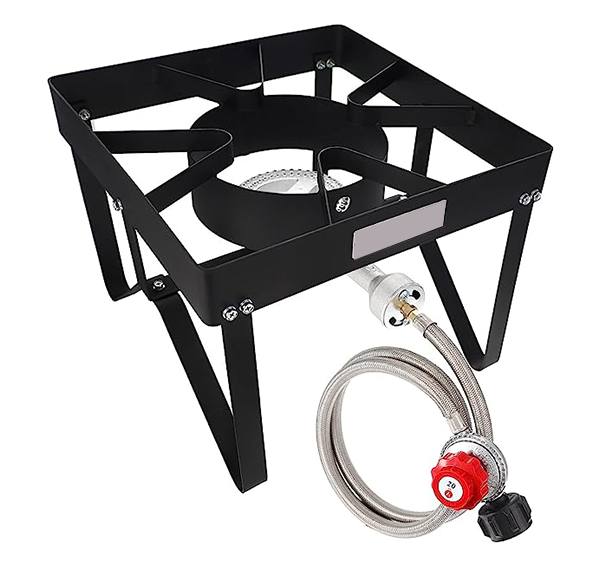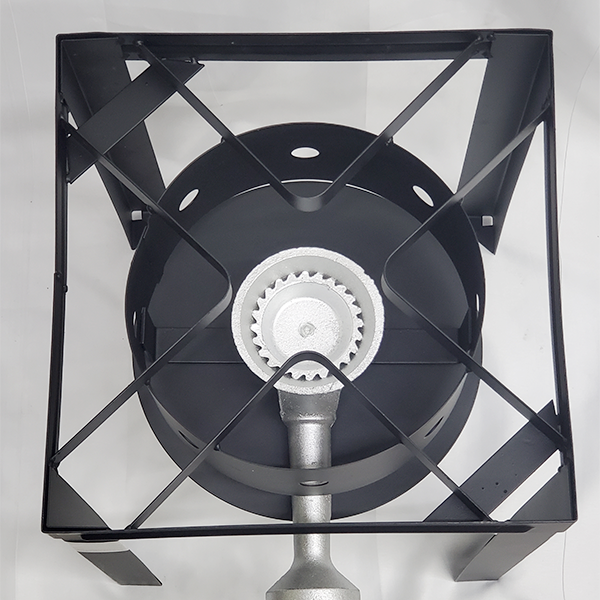Propane is meant to take over other traditional fuels in the coming times. It has already been a versatile and efficient fuel that is used in millions of homes and businesses worldwide. Despite its widespread use, several myths about propane continue to circulate. Here, we debunk ten common myths about propane to give you a clearer understanding of this valuable energy source.
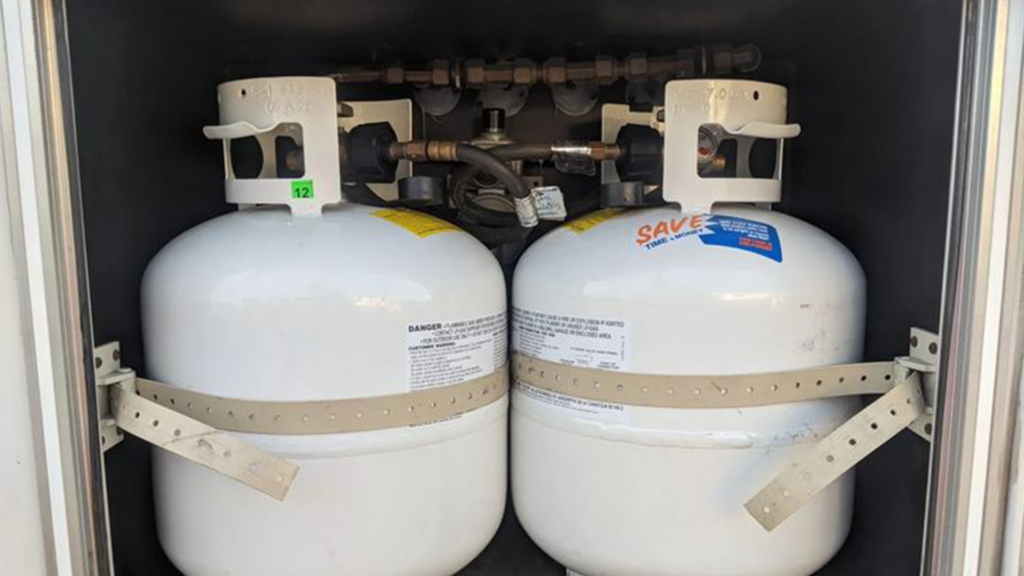
Myth 1: Propane is Dangerous
Busted: Well, propane is actually one of the safest fuels out there! When used correctly and with proper maintenance, propane is non-toxic. Moreover, propane systems come with safety devices to prevent such accidents. Regular inspections by your propane supplier ensure the highest safety standards.
Myth 2: Propane Tanks Can Explode
Busted: The notion that propane tanks can explode is a common fear. However, propane tanks are designed with numerous safety features to prevent it from happening. In fact, they are built to withstand high pressure and are subject to rigorous safety regulations. For the safest experience, always opt for the best propane tank from reputable suppliers.
Myth 3: Propane is Bad for the Environment
Busted: Propane is an environmentally friendly energy source. It burns cleaner than other fossil fuels. It produces fewer greenhouse gases and pollutants. Propane’s low carbon content and efficient combustion make it a greener choice for various uses.
Myth 4: Propane is Too Costly
Busted: Propane is not very expensive. When compared to electricity and other fuels, it is quite cheap. The price of propane can differ in different places as it depends on the location and supplier. However, options like “cheapest LPG gas near me” can offer competitive rates. Many suppliers provide delivery services, making it convenient and economical to maintain your supply.
Myth 5: Propane is Not Readily Available
Busted: Propane is widely available across the country. A quick search for “propane near me” will connect you to numerous suppliers. Many companies offer propane delivery services, ensuring you have a steady supply without the hassle of frequent trips to refill stations.
Myth 6: Propane is Only for Outdoor Use
Busted: Propane is incredibly versatile. It is used for more than just grilling. It powers home heating systems, water heaters, stoves, fireplaces, and even generators. For those looking for “home propane tank refill” or “propane delivery near me,” there are plenty of options for residential use.
Myth 7: Propane is Not Reliable
Busted: Propane is a reliable energy source. Its supply is not affected by weather or power outages. That makes it an excellent backup for emergencies. Commercial propane delivery services ensure that businesses have a steady supply, regardless of external conditions.
Myth 8: Propane Tanks Require Refills Frequently
Busted: The frequency of refills depends on your consumption and tank size. For standard home use, a properly sized propane tank can last several months. Services offering “propane delivery” and “propane tank delivery” make refills convenient and easy.
Myth 9: Propane is Only Available in Large Tanks
Busted: Propane is available in many tank sizes, from large residential tanks to small propane tanks suitable for camping and portable heaters. Searching for “small propane tanks” or “LPG gas cylinder price” will provide options that fit specific needs.
Myth 10: Switching to Propane is Difficult
Busted: Transitioning to propane is simpler than many think. Professional services are available to install propane systems and provide regular “propane tank refill” and maintenance. Many propane suppliers offer comprehensive packages, including installation, delivery, and support, making the switch seamless.
Conclusion
After busting all the myths, you would realize that propane is a safe, reliable, and environmentally friendly fuel that serves a wide range of applications. By debunking these myths, we hope to encourage more people to consider propane as a viable energy solution.

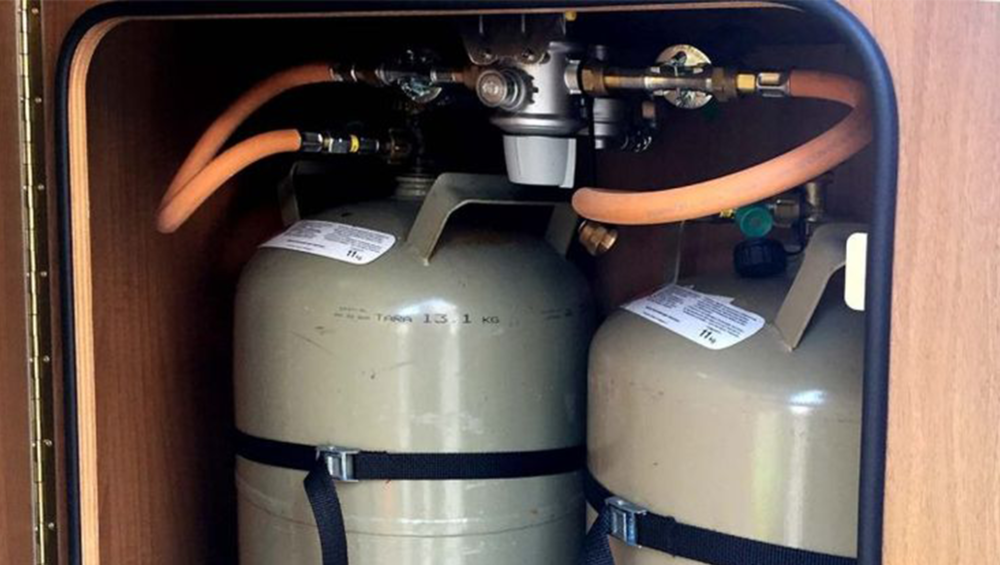
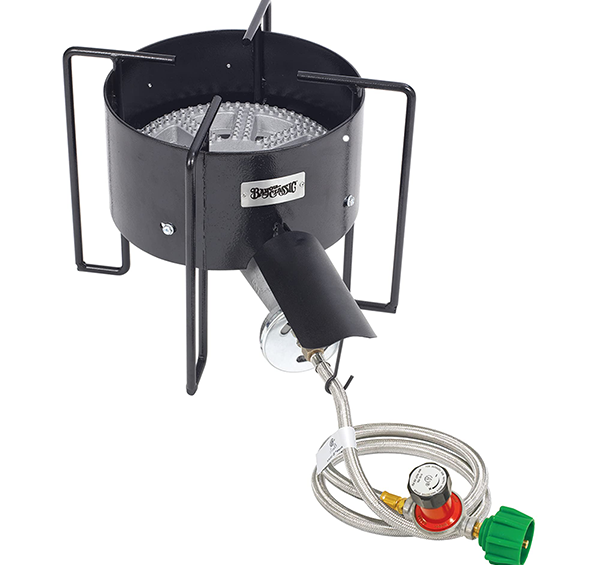
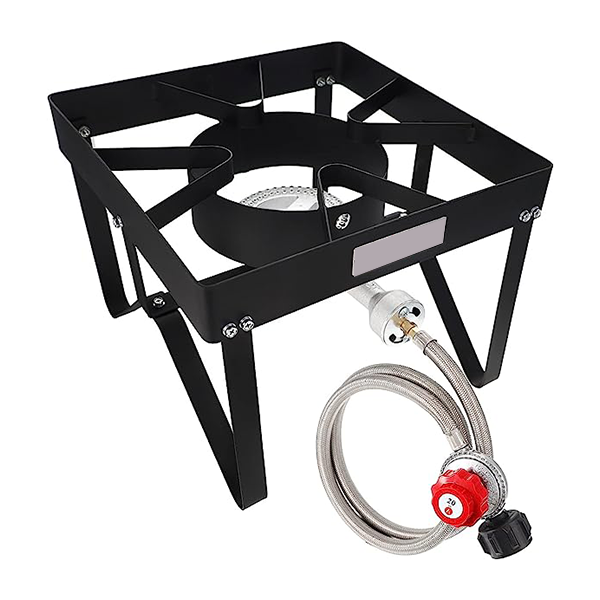
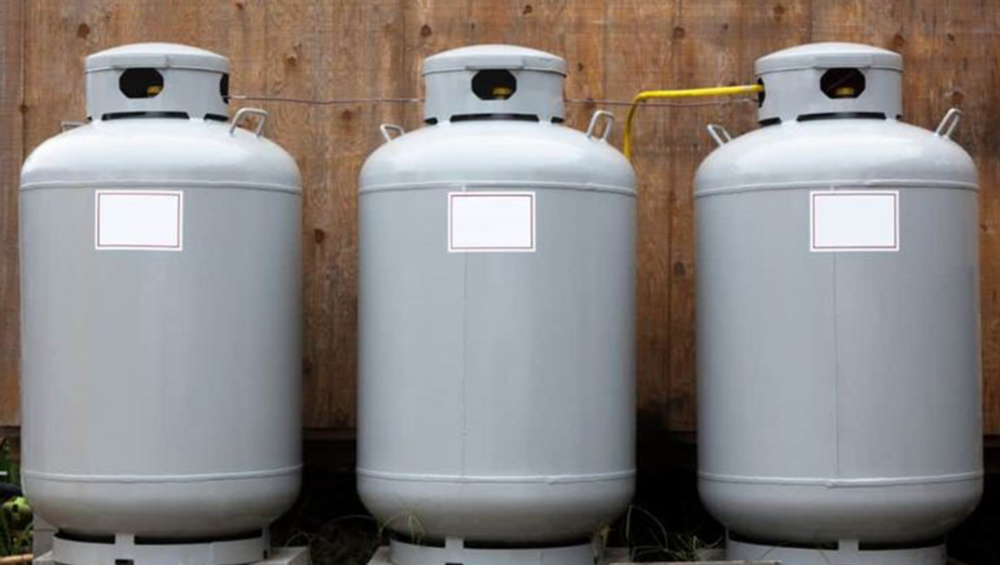

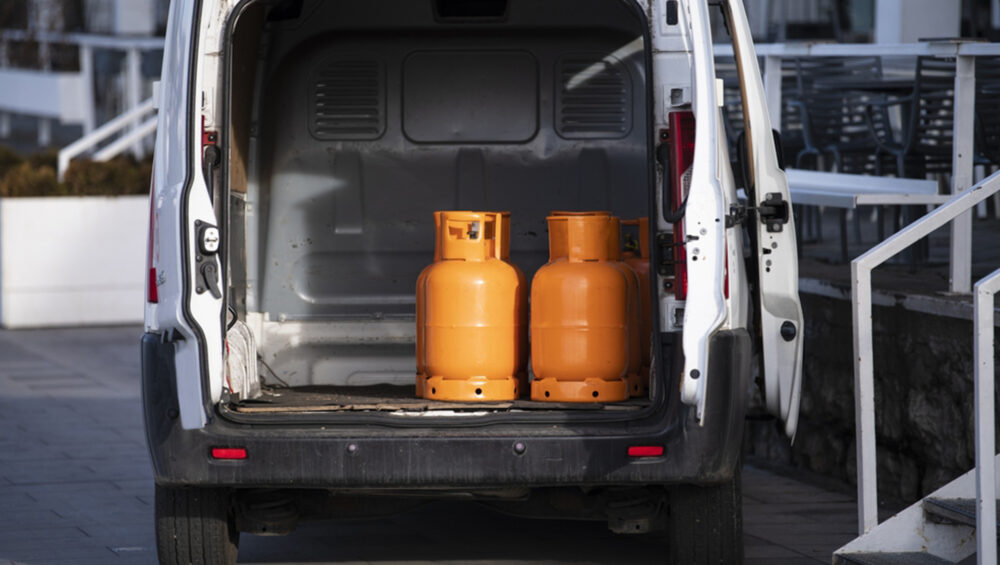
 Understanding Propane Cylinders
Understanding Propane Cylinders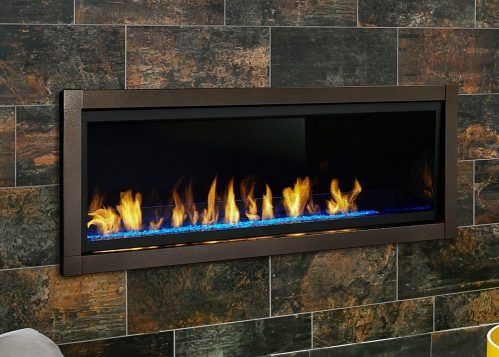

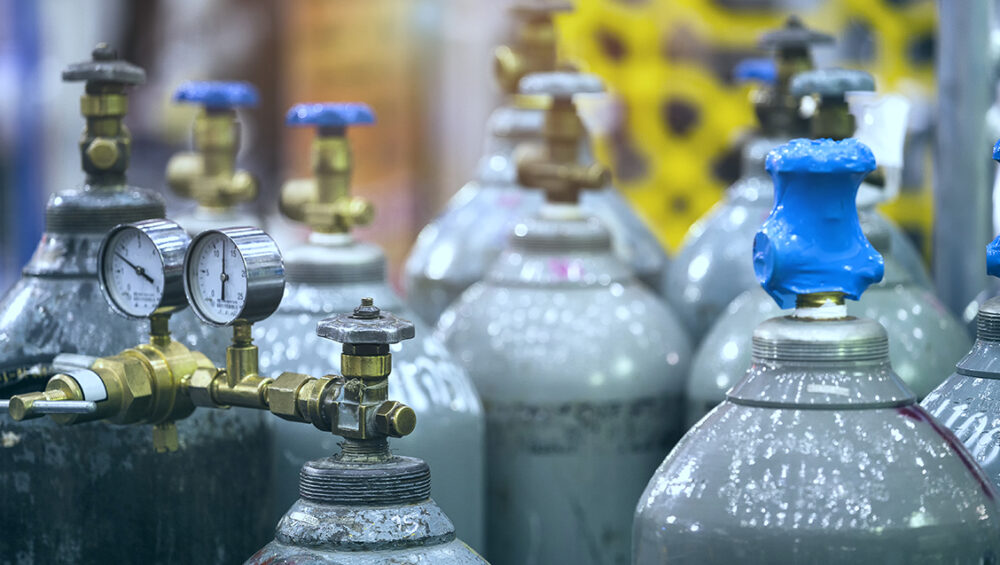

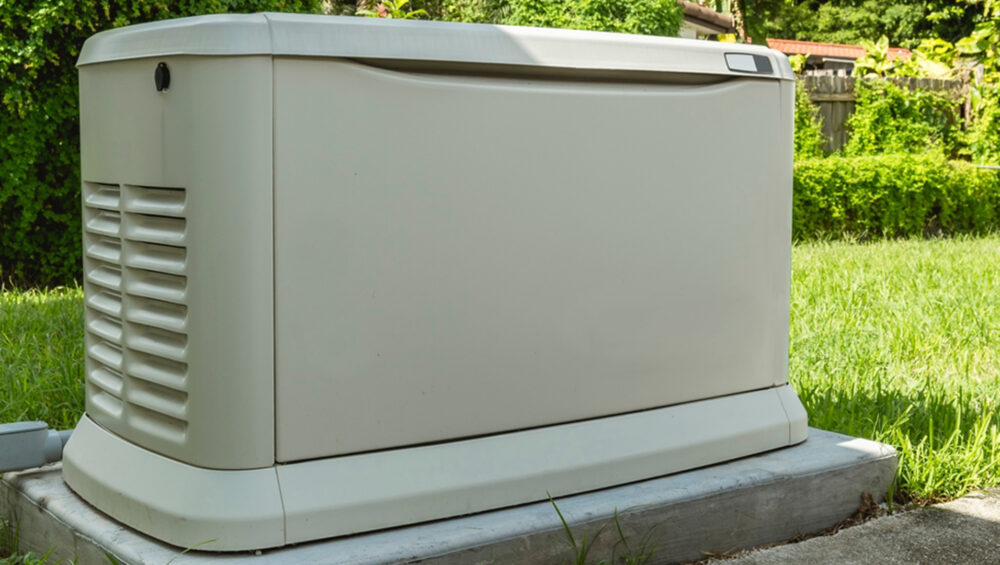
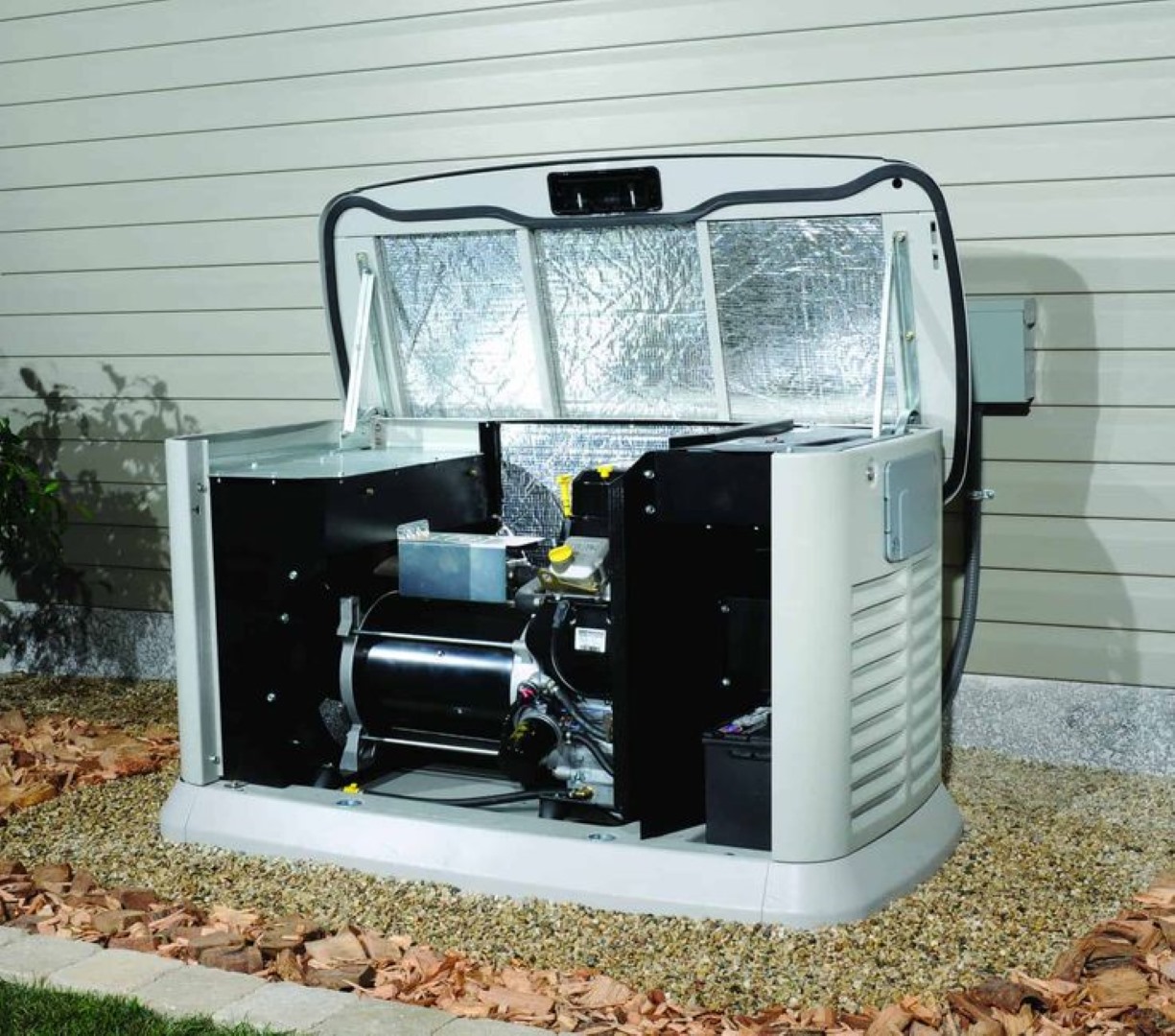 Reliable and Efficient Usage of Propane Generators
Reliable and Efficient Usage of Propane Generators